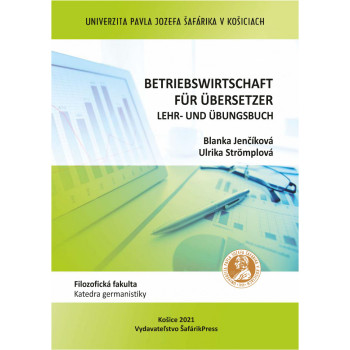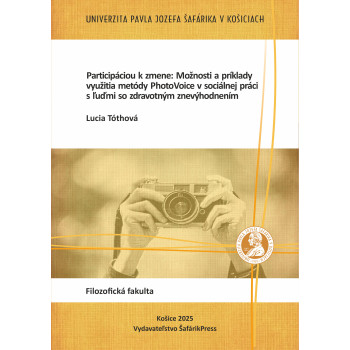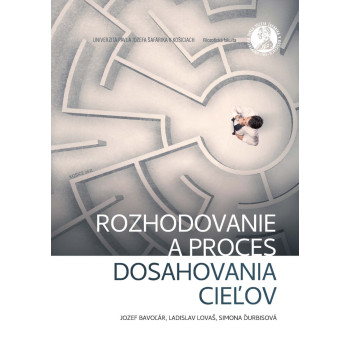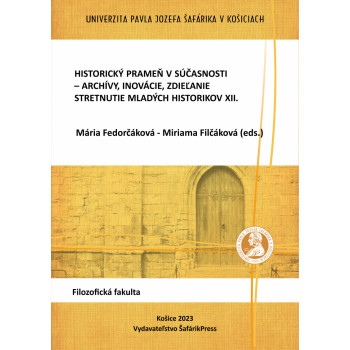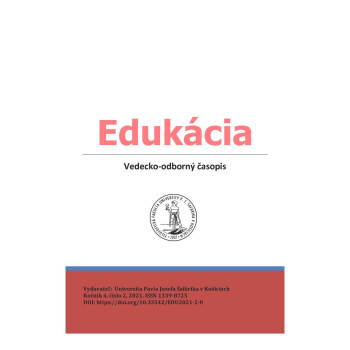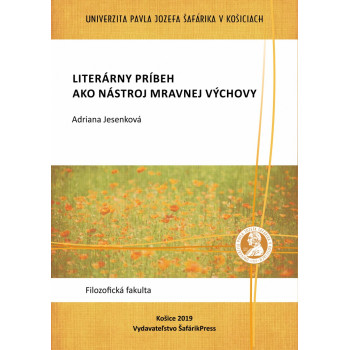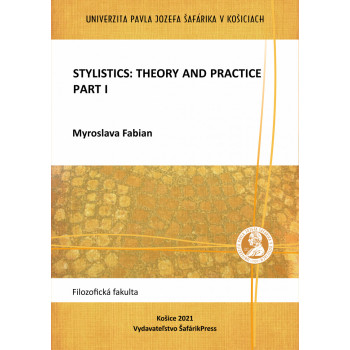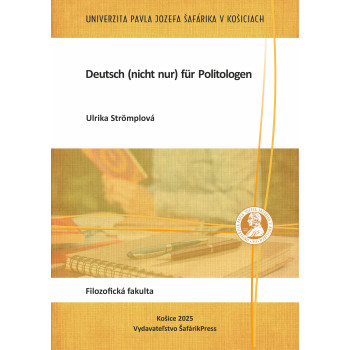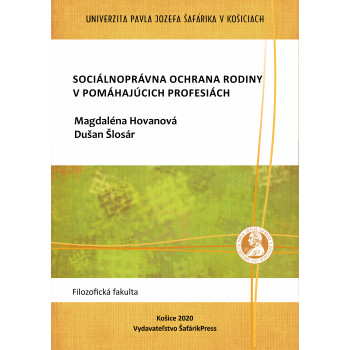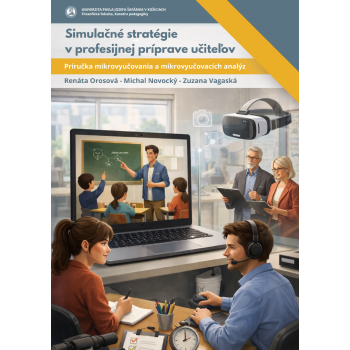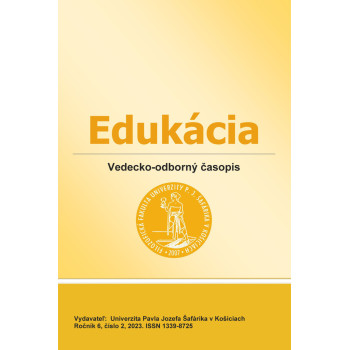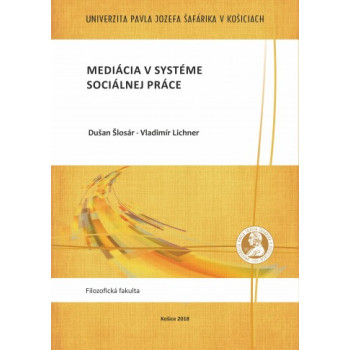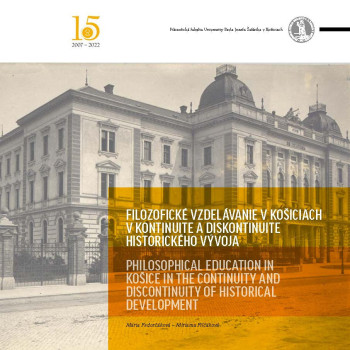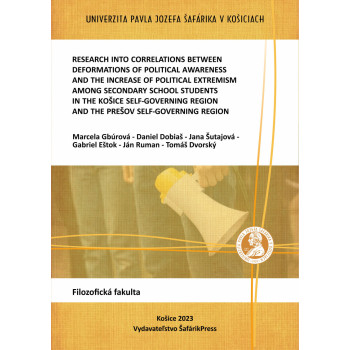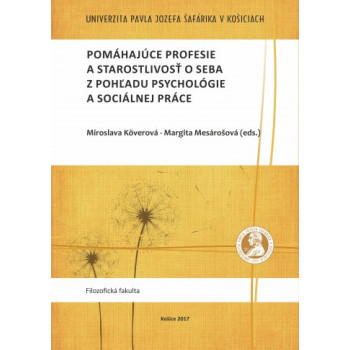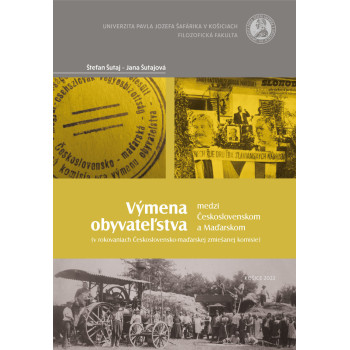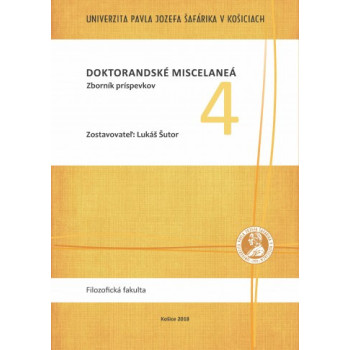
Betriebswirtschaft für Übersetzer. Lehr- und...
E-book
Blanka Jenčíková - Ulrika Strömplová
Text book Betriebswirtschaft für Übersetzer. Lehr- und Übungsbuch is primarily intended for students of translation and interpreting who speak German at least at level B1 of the European Framework of Reference for Languages. The aim is to convey basic knowledge about business and entrepreneurship, to build a basic terminology database, to consolidate selected grammatical phenomena, and to develop translation procedures and strategies. The thematic areas were selected with regard to common translation and interpretation practice.
Download e-book for free (pdf)



